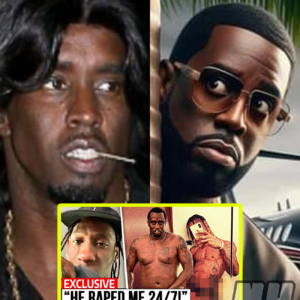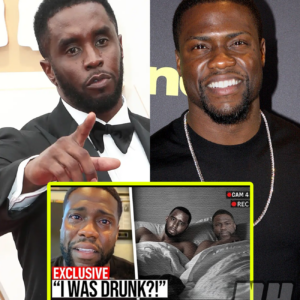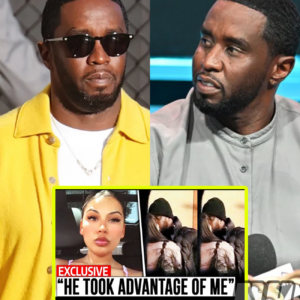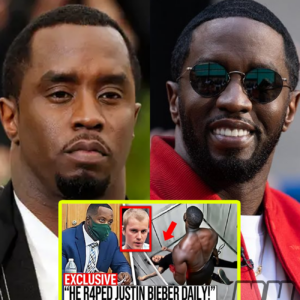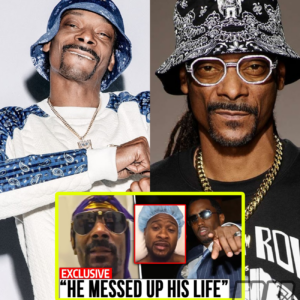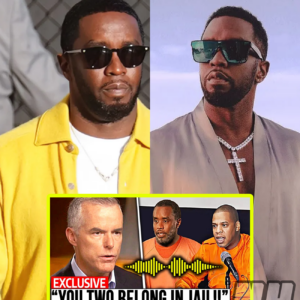Hunter Biden Trial and the Challenges of Jury Nullification
The trial of Hunter Biden, son of President Joe Biden, began with notable turbulence, casting a spotlight on the intricacies of jury nullification. Despite apparent overwhelming evidence, the case’s outcome is far from predictable, demonstrating the complexities of legal proceedings involving high-profile individuals.

The Case Against Hunter Biden
Hunter Biden faces charges related to a false statement on a gun purchase form. Specifically, he is accused of lying about his drug use when purchasing a firearm. Biden has admitted to using drugs, particularly crack cocaine, during the period in question. This admission would seem to make the case straightforward for the prosecution. However, the defense has introduced several factors that could complicate the jury’s decision-making process.
Jury Nullification: An Overview
Jury nullification occurs when a jury returns a verdict of “not guilty” despite evidence that clearly proves guilt, usually to send a message about a broader social issue or because they believe a conviction would be unjust. This concept, while not officially sanctioned, can play a significant role in trials, especially those with high emotional or societal stakes.
Opening Arguments and the Defense Strategy
During the opening statements, defense attorney Abbe Lowell presented a strategy focusing on the requirement that Hunter Biden’s false statement had to be made “knowingly.” Lowell argued that Biden, having recently completed an 11-day rehab program at the time of the gun purchase, genuinely believed he was not a drug addict or using drugs. This defense aims to introduce doubt about whether Biden’s statement was intentionally false.
The Emotional Impact on the Jury
Lowell’s opening statement had a visible emotional impact on at least one juror, who was seen dabbing at their eyes. This reaction suggests that the defense’s narrative about Biden’s struggle with addiction and personal tragedies could resonate with the jury. Jurors’ personal experiences with drug addiction, which were significant during jury selection, might influence their perception of Biden’s actions and his state of mind during the gun purchase.
Prosecution’s Approach and Potential Pitfalls
The prosecution, led by Special Counsel David Weiss, began by playing excerpts from Hunter Biden’s autobiography, “Beautiful Things.” These recordings detailed Biden’s descent into drug addiction following his brother Beau’s death, aiming to highlight the continuous nature of his drug use. However, this approach could backfire by eliciting sympathy for Biden from the jury, especially given the presence of his supportive family members, including First Lady Jill Biden, in the courtroom.
The Role of Addiction in the Trial
The defense’s strategy hinges on portraying Hunter Biden’s addiction as a mitigating factor. By arguing that Biden was not in a clear state of mind and had recently undergone rehabilitation, the defense hopes to create reasonable doubt about the intentionality of his false statement. The prosecution’s own admission that addiction is not a choice but buying a gun is, creates a nuanced argument that might confuse the jury about Biden’s culpability.
Jury Selection and Its Implications
During jury selection, potential jurors were asked if they or their families had been affected by drug addiction. The majority affirmed this, indicating that many jurors have personal experiences with addiction. This widespread familiarity with addiction could influence the jury’s empathy towards Biden and their interpretation of his actions, making them more susceptible to the defense’s narrative.
The Influence of Hunter Biden’s High-Profile Status
The prosecution’s assertion that Hunter Biden “would not be here today if he was just a drug addict” implicitly acknowledges Biden’s high-profile status. This statement invites the jury to consider whether Biden is being treated differently because of his father’s position. Such an implication could lead the jury to question the fairness of the trial and consider nullification as a form of protest against perceived bias.
The Role of Public Perception and Media Coverage
Media coverage and public perception play significant roles in high-profile cases. The presence of the First Lady and the emotional portrayal of Biden’s struggles with addiction are likely to attract significant media attention, further influencing public opinion. This external pressure can indirectly affect the jury, who might feel the weight of making a socially and politically charged decision.
Conclusion
The Hunter Biden trial, despite appearing to be a clear-cut case of a false statement on a gun purchase form, is complicated by factors that could lead to jury nullification. The defense’s focus on Biden’s state of mind and addiction, combined with the emotional impact on the jury and the high-profile nature of the case, creates a scenario where the outcome is uncertain. As the trial progresses, the prosecution and defense must navigate these complexities, understanding that the jury’s sense of justice, fairness, and personal experiences will heavily influence their final verdict.
News
(VIDEO) Celebs that P Diddy EXPLOITED for Cash
P Diddy and the Dark Side of the Entertainment Industry The entertainment industry is no stranger to scandal and controversy, but the recent revelations surrounding P Diddy (Sean Combs) have brought to light a web of disturbing allegations and connections…
(VIDEO) Kevin Hart IN TEARS After New Leaks EXPOSE Him At Diddy’s After Parties!!
Kevin Hart: A Complex Journey Through Fame, Scandal, and Personal Growth Kevin Hart, the renowned comedian and actor, has led a life marked by both incredible professional success and deeply personal scandals. His journey from selling sneakers to becoming one…
(VIDEO) “He Ruined My Life” Former Diddy Employees TEAM UP To EXPOSE Him!
The Dark Side of Fame: Allegations Against Diddy and the Revelations from Former Employees The music industry is often glamorized for its glitz and glamour, but behind the scenes, it can harbor dark secrets and troubling behavior. Recently, Sean “Diddy”…
(VIDEO) “He’s Why Justin Bieber Is DEPRESSED!” Undercover FBI Agent EXPOSES Diddy
The Tumultuous History of Snoop Dogg, P. Diddy, and the East Coast-West Coast Rivalry Hip-hop history is fraught with feuds, friendships, and ever-changing alliances. Central to many of these stories are iconic figures such as Snoop Dogg and P. Diddy…
(VIDEO) “Diddy Did Usher Dirty Forever” Snoop Dogg EXPOSES Sean Combs!
The Tumultuous History of Snoop Dogg, P. Diddy, and the East Coast-West Coast Rivalry Hip-hop history is fraught with feuds, friendships, and ever-changing alliances. Central to many of these stories are iconic figures such as Snoop Dogg and P. Diddy…
(VIDEO) Undercover CIA Agent EXPOSES Diddy & Jay Z!
The Fall of P. Diddy: A Dismantling of Credibility and the Unfolding Legal Crisis Introduction In recent years, Sean “P. Diddy” Combs has found himself at the epicenter of numerous controversies and legal battles that have significantly tarnished his once-polished…
End of content
No more pages to load
